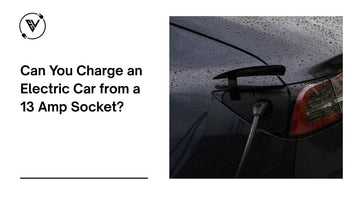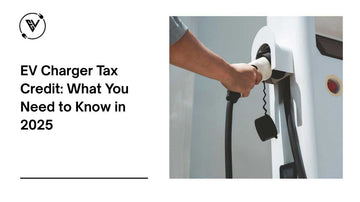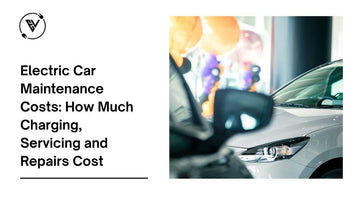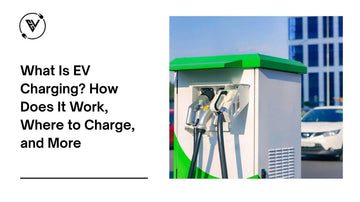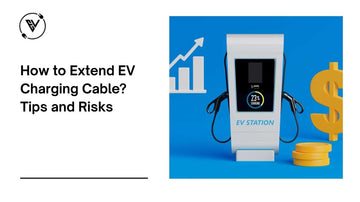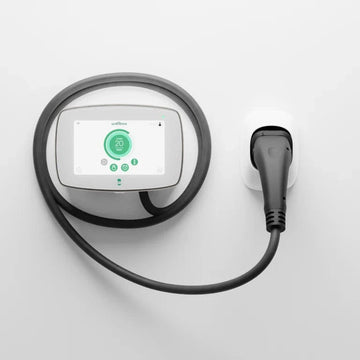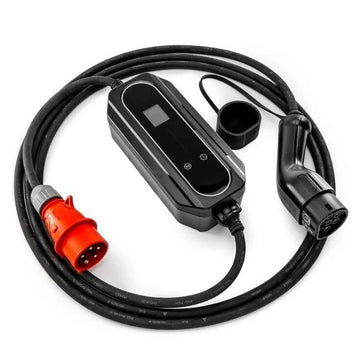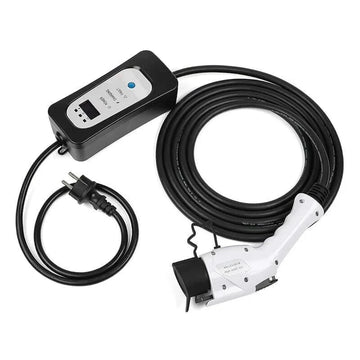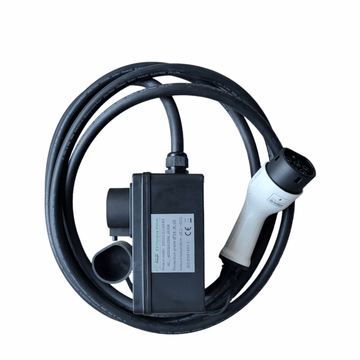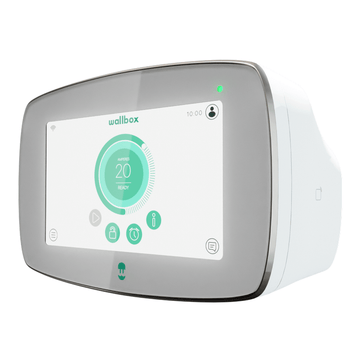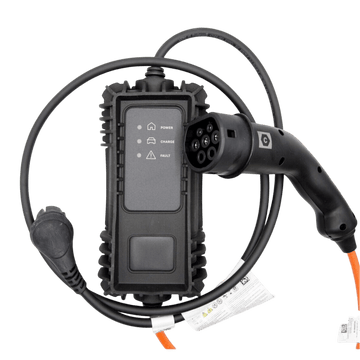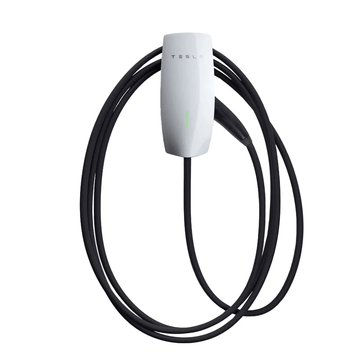A 13 amp socket is a standard single-phase domestic electrical outlet commonly found in homes, supplying up to 3 kilowatts of power. It is typically used for everyday household appliances but can also be used, with limitations, to charge electric vehicles using compatible charging cables or “granny chargers.”
Can you charge an electric car from a 13 amp socket? To answer shortly, yes, you can charge an electric car from a 13 amp socket using a granny charger (also called a granny cable), but it’s not the best or safest way to do it. It’s slow, and if your wiring isn’t good, it can even be dangerous.
Let’s go into more detail and explain how it works, how long it takes, and what better alternatives exist for EV owners.
What is a 13 Amp Socket?
A 13 amp socket is a standard socket in your home. It has a 3 pin plug and delivers about 3kW of power. That’s much lower than a dedicated EV charger or public charging point.
Most electric vehicles come with a charging cable that lets you plug into this type of socket. It’s useful in emergencies or for EV drivers who don’t have a dedicated charger at home yet.

Can I Charge My Electric Car from a 13 Amp Socket?
Yes, you can charge your electric car from a 13 amp socket. Many EVs come with a granny charger that lets you plug into a standard plug. But while this works technically, it’s not recommended for regular use.
Using a 13 amp socket to charge your EV is best as a backup solution or when you’re visiting someone without a dedicated charger. It’s also common in rented properties where installing a proper home charger may not be allowed.
However, using a domestic socket for EV charging repeatedly can strain household wiring over time. This method also means you can’t take advantage of off-peak tariffs or scheduled smart charging features.

How Slow is Charging via a Standard Socket?
Charging using a three pin socket is very slow. On average, it adds about 6 to 8 miles of range per hour. So if your electric car battery is fully empty, it can take more than 24 hours to fully charge using this method.
That’s because the power rating of a 13 amp socket is only around 3kW. In comparison, dedicated EV chargers and charging stations can provide anywhere from 7kW to 22kW or even more with rapid charging.
So if you drive a lot or need your car ready quickly, this is not the best option. It’s okay overnight, but not great for daily use.
Is it Safe to Charge This Way?
Charging from a normal socket is not always safe. Here’s why:
- Most domestic sockets aren’t designed to handle high power for hours.
- Old wiring can overheat and cause fires
- If you use an extension lead, the risks get even worse.
- You could get a fatal electric shock if the system fails or the wiring is faulty.
To reduce the risk, always make sure your wiring follows IET wiring regulations, get a periodic inspection, and never overload the socket.
Still, for long-term use, it’s much safer to install a dedicated EV charger at home.
Factors Affecting EV Charging Time
There are a few things that affect how long it takes to charge an electric vehicle:
Battery Capacity
The larger the battery, the longer it takes to fully charge. Most EVs today have batteries between 40kWh to 100kWh, which are way too big for a 13 amp socket to handle quickly.
Power Supply
A single phase 13 amp socket offers 3kW. In contrast, a charging station might offer 22kW, which is more than 7 times faster
Charging Cable and Type
The cable you use makes a difference. Some cables are type 1 charging cables, others are type 2 charging cables. You might even need a type 1 to type 2 adapter or type 1 to type 2 charging cables, depending on the car.
Temperature
Cold weather slows down the charging process. EV batteries don’t like freezing temperatures, and battery life might even drop if you charge too often in the cold.
What Alternatives Exist for Safer, More Convenient Charging?
If you're serious about electric car charging, there are way better options than using a 13 amp socket.

Home Chargers
Installing a home charger is the best thing you can do. They charge your car faster, safer, and are designed for regular use.
Check out such options as generalEV home chargers,22kW home chargers or evenEV wall chargers. If you drive a Tesla, look intoTesla charging cables that are made to match your car.
Public Charging Points
When you're out and about, public charging points are a great way to top up. Many offer fast charging or even rapid charging, which can give you 80% battery in less than an hour.
Solar Panels and Off-Peak Charging
To save money, many EV owners use solar panels at home to generate electricity. Also, charging during off-peak hours (like late at night) can reduce your bills, especially if your energy plan has cheaper tariffs.
Advice for Charging at Home
Installing a dedicated EV charger is the most reliable and efficient long-term solution. It ensures faster charging, better energy management, and reduces the risk of electrical hazards. If you want to charge an electric vehicle safely at home, here’s what to do:
- Avoid using a granny charger all the time.
- Don’t use an extension lead.
- Make sure your wiring is safe and updated.
- Follow wiring regulations.
- Get a professional installation for a dedicated charger
- Check this guide:How to install EV charger at home
- And here’s the cost breakdown:EV charger installation cost.
Conclusion
So, can you charge an electric car from a 13 amp socket? Yes, but it’s really just a backup plan, as it is slow, not always safe, and not great for the battery. Most electric vehicles today are designed to work with dedicated EV chargers, and for good reason.
If you’re serious about owning an EV, installing a proper home charger and using the rightcharging cable will make your life much easier. It’s faster, safer, and saves you time and money in the long run.


